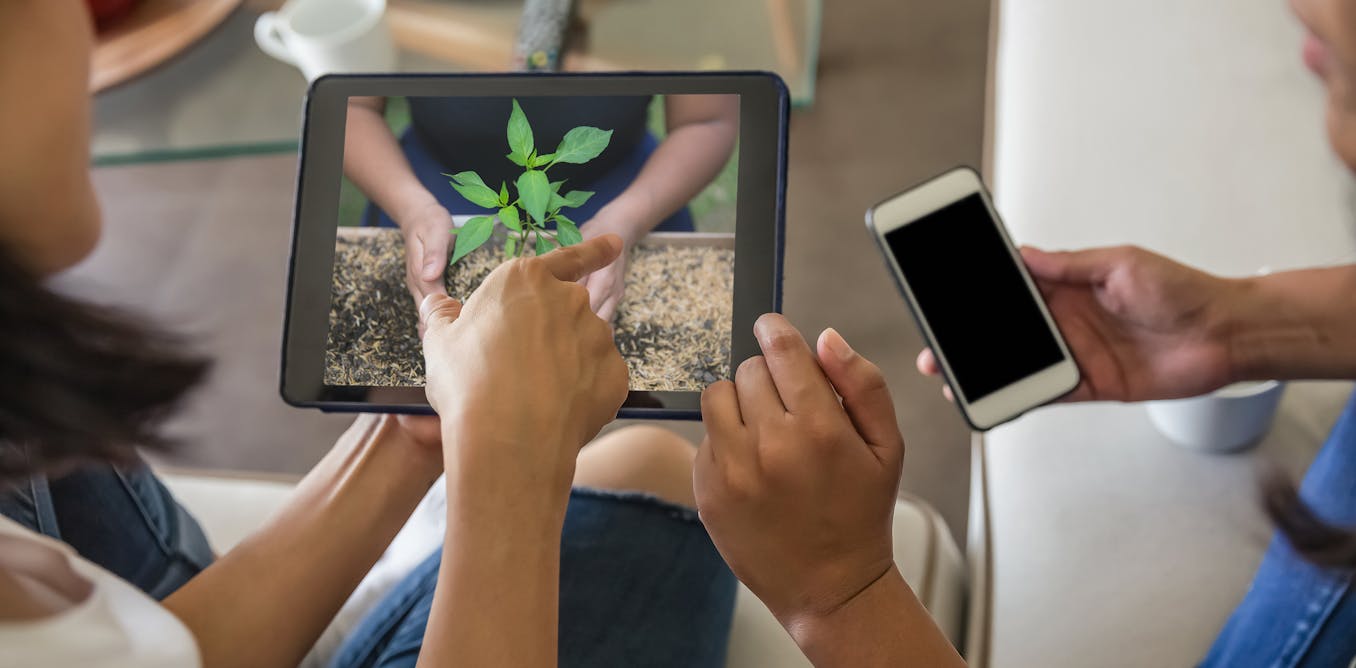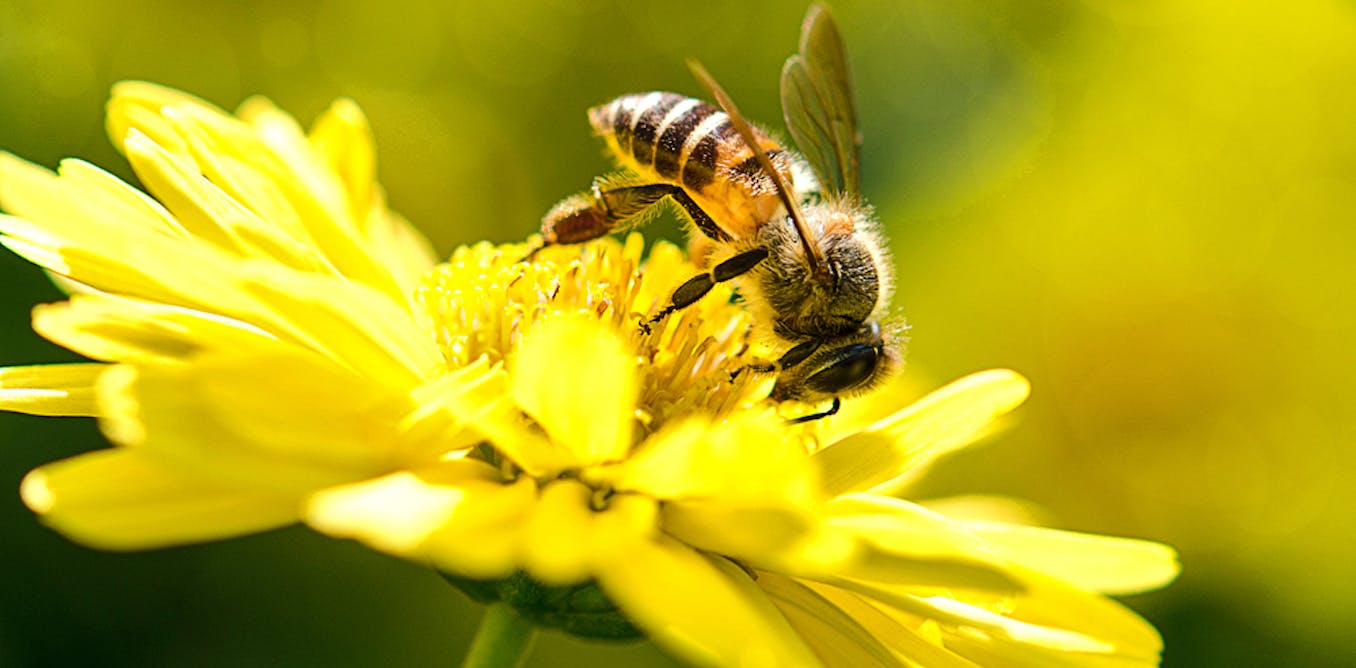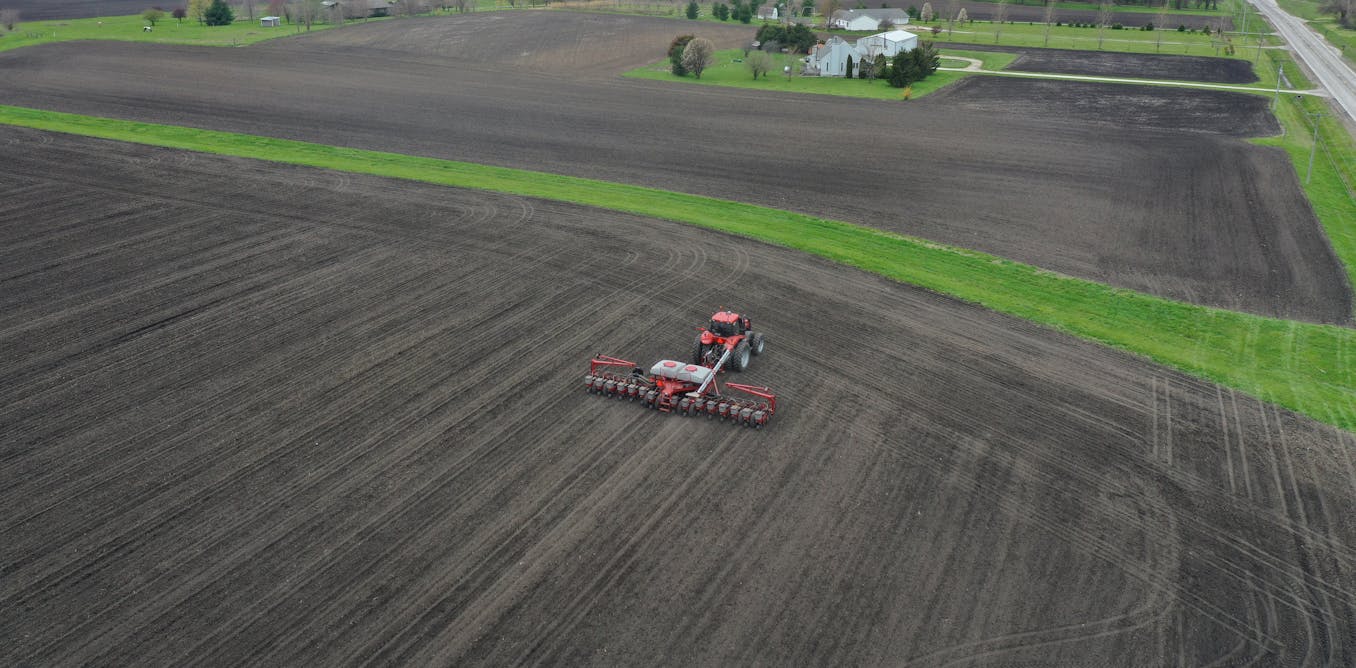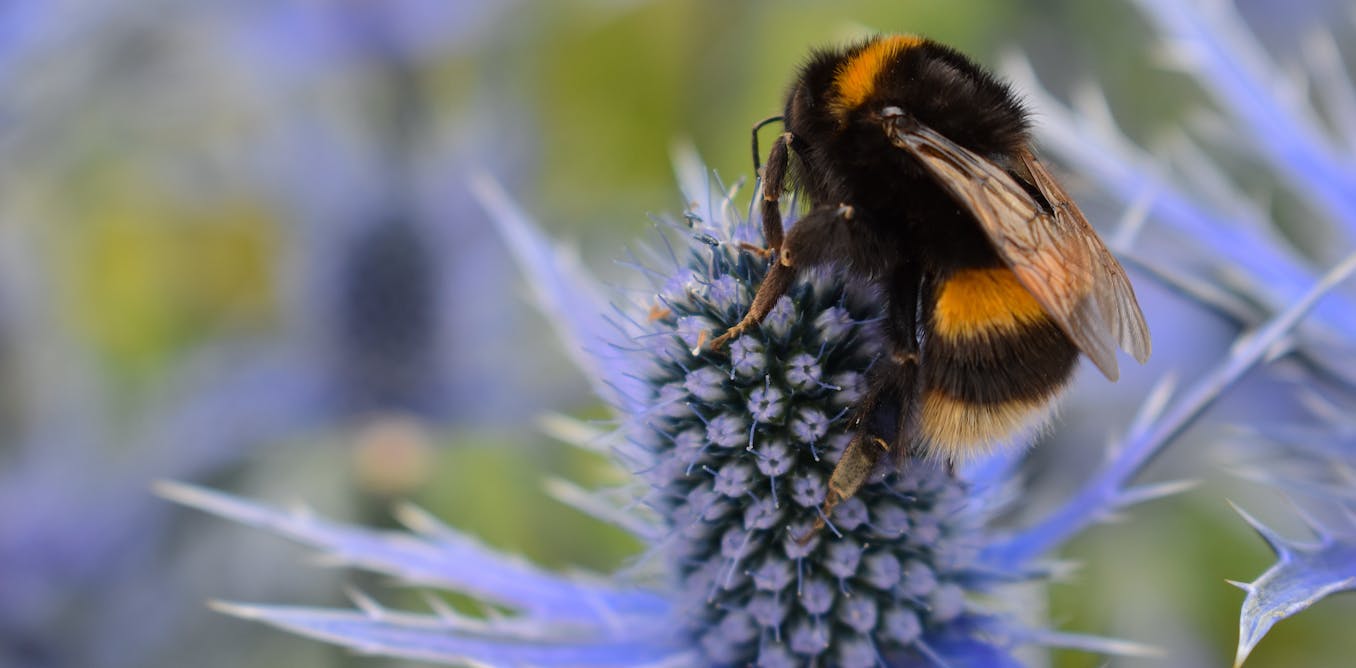From watering via ice cubes to spritzing with hydrogen peroxide – 4 misguided plant health trends on social media
Plant care advice abounds on TikTok, Twitter, Instagram and YouTube – but not all of it is good. A plant expert debunks four common recommendations.
Aug. 16, 2022 • ~7 min










